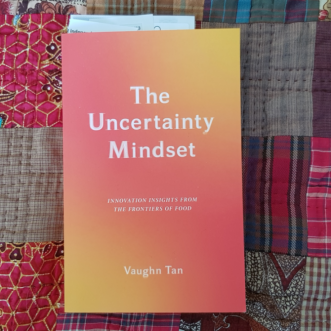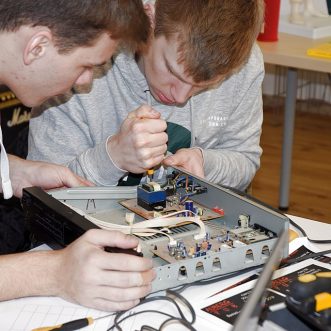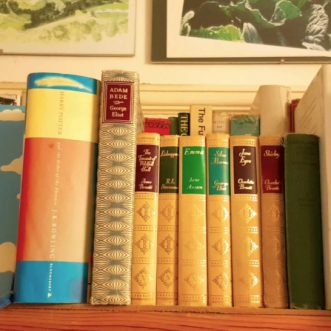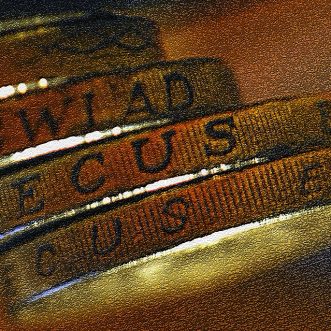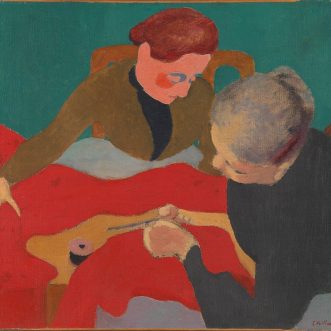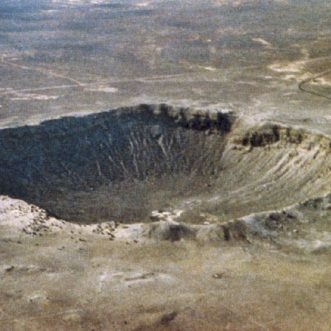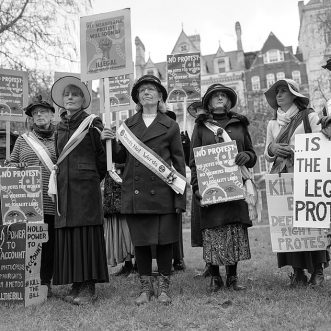
Where power is
“We may not like to admit it, but most organizations–even those with “nice” cultures–are authoritarian by design“ – from Michele Zanini’s post yesterday.
Of course they are.
Because they are founded on a fundamental asymmetry of power.
If an employable person doesn’t work, they starve. That’s not true for their ultimate employers.
Enclosures, Poor Laws, Vagrancy acts and witch hunts were the weapons used to bring about this asymmetry, following a hundred years or so of peasants getting ‘above themselves’ after the ravages of the Black Death.
‘Austerity’, ‘inflation control’, ‘reforms’ to education, healthcare and the welfare state are being used to reinforce it today.
Now, we’re not even allowed to protest about it.
It’s why government doesn’t really like small business, despite what they say, because small businesses are often more equitable (because here, employer and employee are more or less in the same boat – if they don’t work, they starve).
The good news is that this puts power in our hands. Because as small businesses we can choose how we grow, and so start to tip the balance back again, by growing differently.
Purpose-led. Equitably organised and rewarded.
The way we naturally want to be.
Discipline makes Daring possible.

